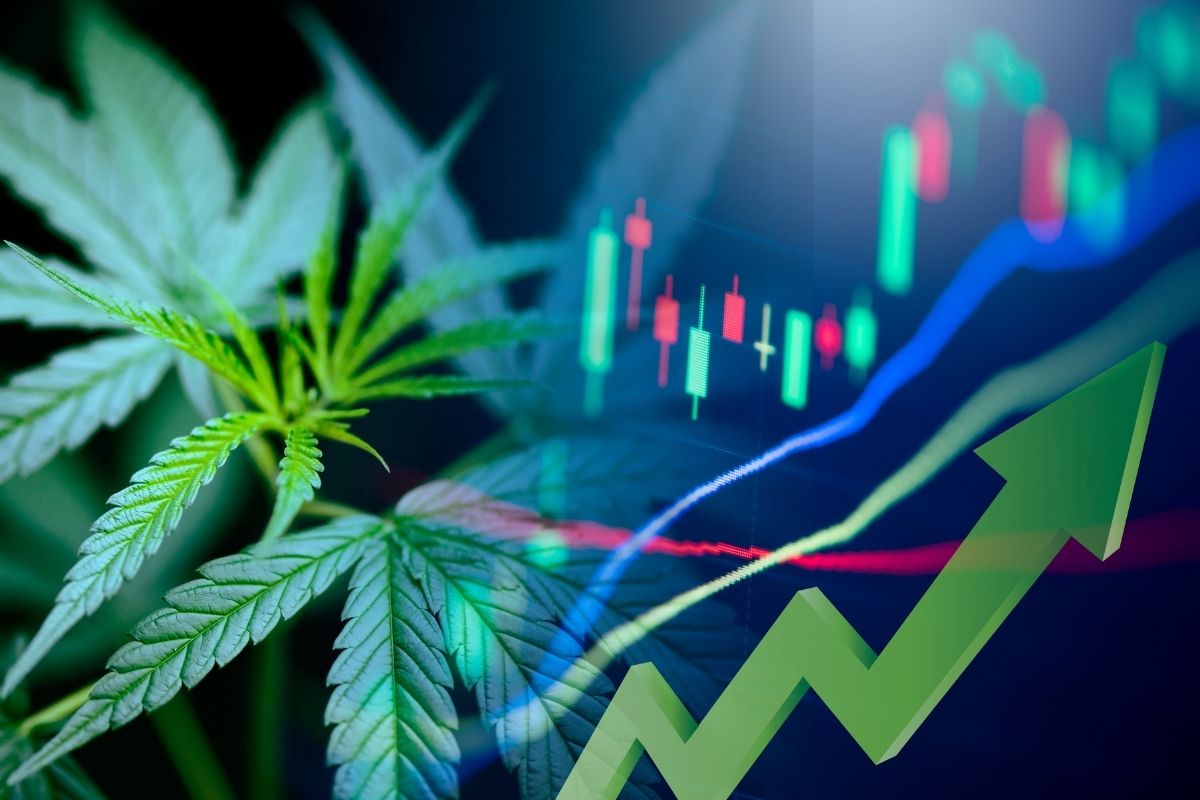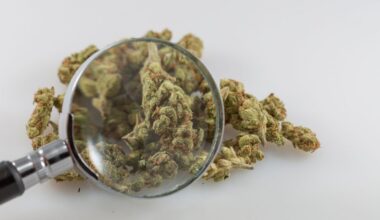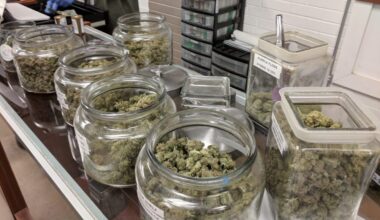Along with the rising popularity of CBD is the challenges and trends that comes after it. What are these? Let’s find out!
The Recent News About CBD Market and Its Challenges
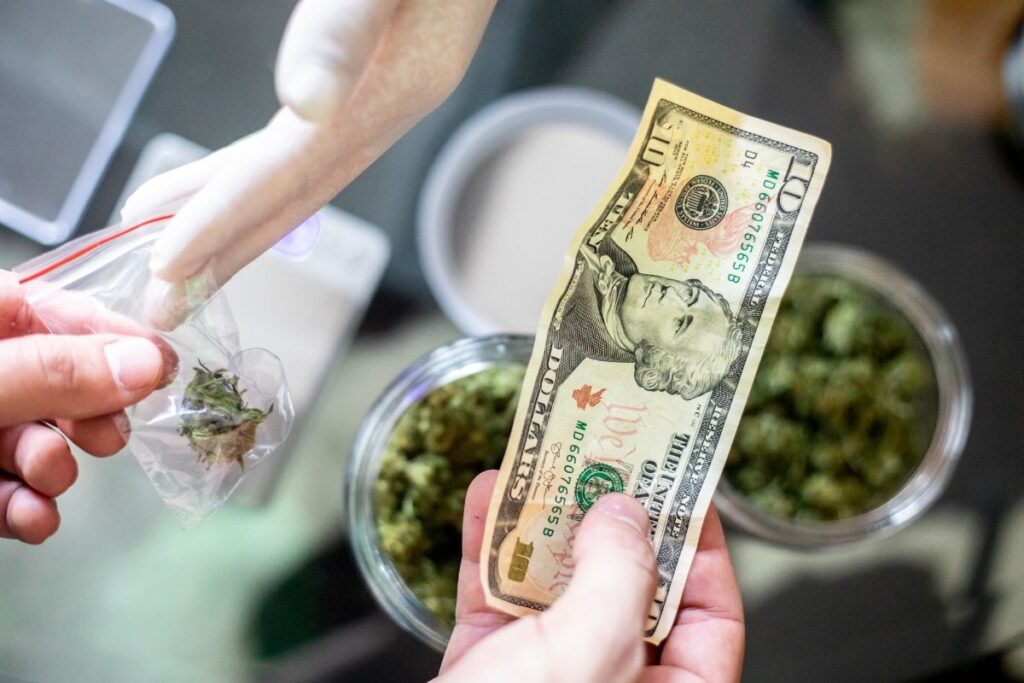
The COVID-19 epidemic had an influence on the CBD industry in the United States. As a result, a wide range of businesses scrambled to adapt in an already fast-paced market. Store closures, shifting consumer preferences, and the declining cost of CBD have all had a significant impact on traditional marketing and sales tactics.
Since its collapse in the second quarter of 2020, the sector has been recovering, although the environment appears very different than before. No federally backed regulatory system for ingestible items is in place for CBD products, and e-commerce is the major distribution route. As if that weren’t enough, CBD and cannabis are becoming increasingly intertwined thanks to new developments in research.
In the United States’ CBD market, the COVID-19 epidemic had a significant influence on the economy. As a result, many companies in an already-fast-paced market scrambled to make a pivot. Store closures, shifting consumer preferences, and the declining cost of CBD have all had a significant impact on traditional marketing and sales tactics.
There has been a steady recovery in the business since the second quarter of 2020, but the situation has changed significantly. CBD discovery has slowed, and there is currently no federally recognized regulatory framework for ingestible products, making ecommerce the major distribution avenue. As if that weren’t enough, CBD and cannabis are becoming increasingly intertwined thanks to new developments in research.
Slow implementation of regulations restricts the amount of growth that may be ingested.
Nearly two and a half years after the Farm Bill authorizing low-THC hemp went into force, the CBD business is still in a regulatory murky area. CBD edibles and tinctures have been particularly hard hit by the delay. CBD ingestibles cannot be lawfully sold until the FDA establishes the framework for their sale.
Traditional consumer packaged goods businesses have been generally unable to enter the industry because of a lack of regulation. In order for these companies to become engaged without putting their entire organization at danger, federal direction is required.
One of the reasons CBD stands apart from similar goods like mood-altering drinks or immune supplements is the legal murky area. However, the Opportunities to Win study by Brightfield Group showed how CBD products are already similar to mainstream, non-CBD items in terms of appearance.
E-commerce, not surprise, was the driving force behind CBD’s expansion in 2020. While brick-and-mortar sales fell, brands changed their tactics and battled for customers online. People in positions of power had an advantage, yet many CBD companies changed direction and found success.
The most successful companies have prioritized increasing their online sales. Customers are more crucial than ever because of increased internet sales, and those who have the most devoted customers are the most popular.
The Future of CBD Industry
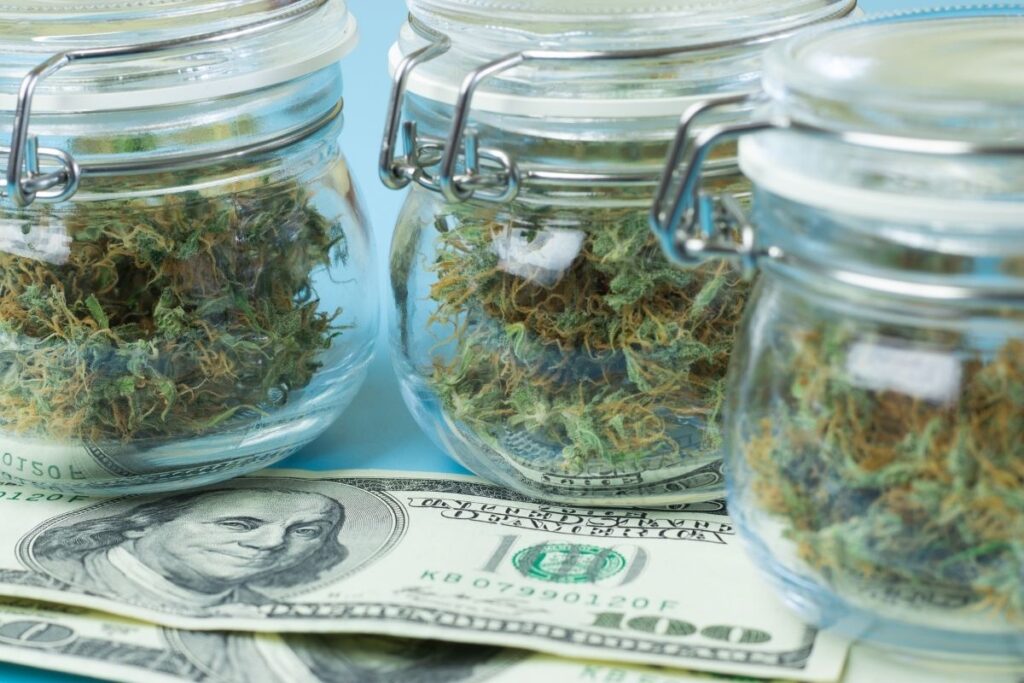
But there is still a long way to go before CBD can truly take off. In certain respects, the CBD business is an unstoppable force to be reckoned with. A multi-billion-dollar industry is only going to grow as more and more people express their preferences. Because of this, CBD enterprises are still faced with several challenges in the form of funding, a lack of mainstream marketing, and the inability to use traditional payment processors.
The FDA’s decision to categorize CBD as a dietary supplement, the industry’s unfettered access to financial services, and an intelligent regulatory framework that improves product quality and safety will eliminate these impediments.
Medical Disclaimer:
The information provided in these blog posts is intended for general informational and educational purposes only. It is not a substitute for professional medical advice, diagnosis, or treatment. Always seek the advice of your physician or other qualified healthcare provider with any questions you may have regarding a medical condition. The use of any information provided in these blog posts is solely at your own risk. The authors and the website do not recommend or endorse any specific products, treatments, or procedures mentioned. Reliance on any information in these blog posts is solely at your own discretion.
